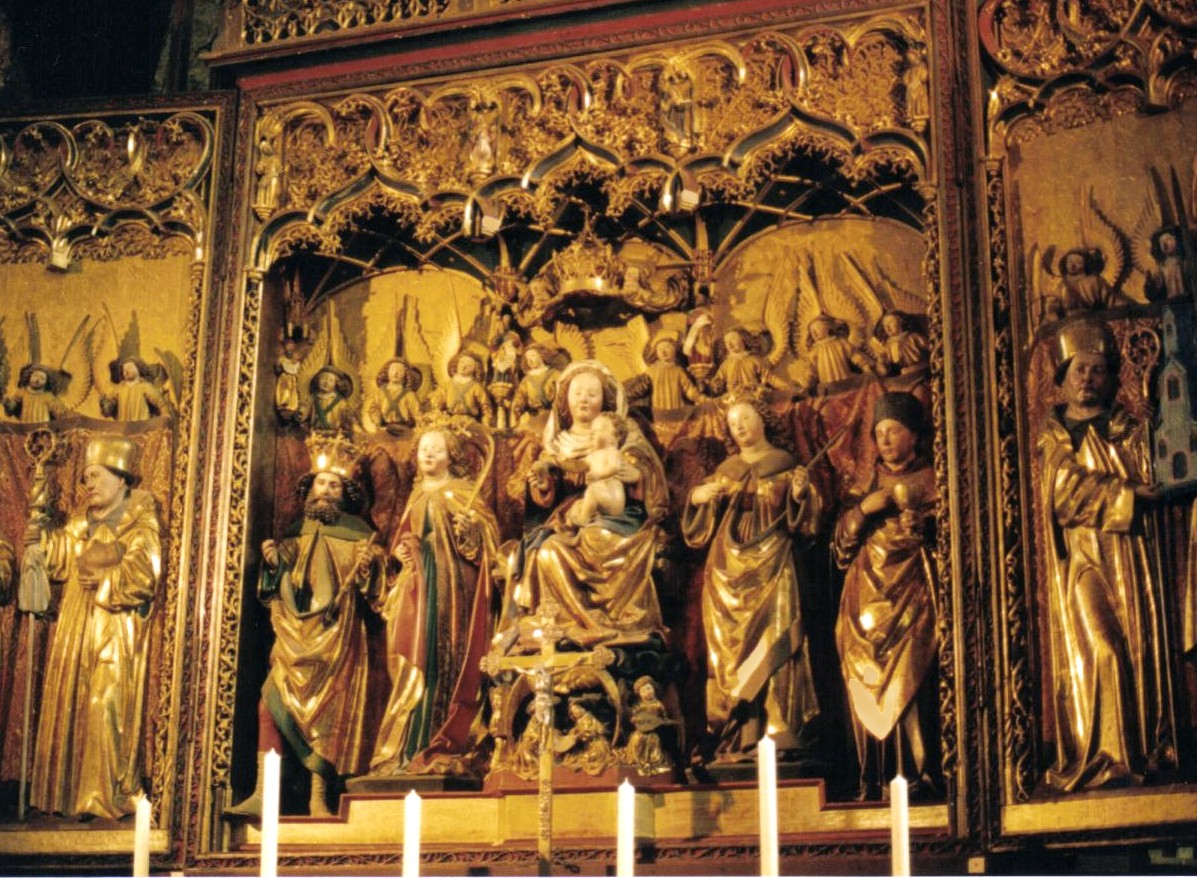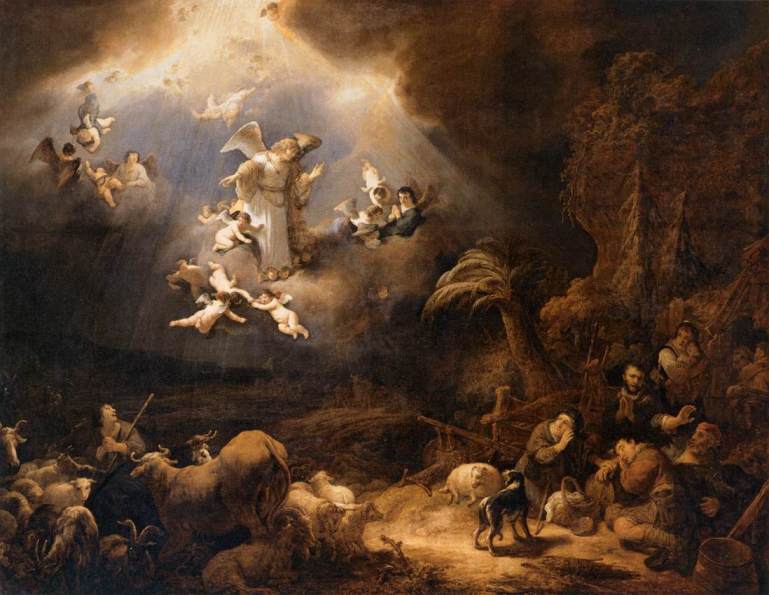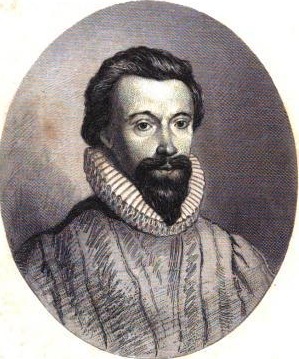
Air and Angels: Themes Love: Love is the predominant theme. Love is approached in two different ways in this poem. Initially, the speaker, whom we can also call the poet-persona, can be seen as having a definitive view of love. Love, according to him, in the first stanza, needs to take a bodily form to… Continue reading Air and Angels: Themes and Poetic Devices

The poem was written by 16th century metaphysical poet, John Donne (1573-1631). It was published in Donne’s poetry collection, Poems in 1633. The poem is one of many pieces written by Donne in the field of love, sensual or spiritual. The sonnet is divided in to two stanzas, each of fourteen lines. The speaker of… Continue reading Air and Angels Summary by John Donne

About the poet – John Donne (1572 – 1631), called one of the foremost Metaphysical poets was the son of a prosperous London ironmonger and his mother was the daughter of John Heywood. He studied law and travelled the continent and though he was a voracious reader he never attained a university degree. His poetry… Continue reading Summary and Analysis of The Extasie by John Donne

He was the son of a wealthy iron merchant, born in London in 1572. He came from a very influential family background. On his father’s side he came from an old Welsh family and on his mother’s side from the Heywoods and Sir Thomas More’s family. He was educated at his home till he was… Continue reading Summary and Analysis of A Valediction of Weeping by John Donne

In a poem which has nothing to do with either air or angels, Donne configures the familiar trope of love in ways quite distinct from the prevailing conception. The whole paradox of Petrarchan love was in the idealization of the unattainable beloved figure. Her beauty and fleeting charms and virtues could never really be measured… Continue reading Air and Angel Summary and Analysis by John Donne

The phrase “No man is an island (unto himself)” has percolated into popular parlance, and the suggestive thought of man’s interconnectedness overruling the dictum of his individuality (or even insularity) is hardly a new thought for us. But in the Elizabethan age when John Donne had composed the meditation “No Man Is An Island”, the… Continue reading No Man is an Island Meaning, Summary and Analysis by John Donne

The elusive “falling star” that is sought after in John Donne’s “Go And Catch A Falling Star” signifies woman, especially women of the virtuous and fair kind. Traditionally, the falling star is an emblem of good omen. Man’s relentless pursuit of the other sex since times immemorial has been made into a much more derisive,… Continue reading Go and Catch a Falling Star Summary and Analysis by John Donne

“A Hymn to God, The Father” is a religious hymn composed by the pioneering poet of the metaphysical school, John Donne. It is an eloquent exposition of the doubts and uncertainties shrouding the old poet’s mind regarding the Divine Providence’s powers of mercy and forgiveness, and of the plausibility of His redemptive grace. Although he… Continue reading A Hymn to God The Father Summary and Analysis by John Donne

“Death Be Not Proud” is one of the more critically acclaimed and discussed “Holy Sonnets” composed by the presiding poet of The Metaphysical School, John Donne. In vein with the contemporary discourse of the eternity of heaven as propounded in Christian theology, the poet confers upon the personified figure of Death a very personal “blow”,… Continue reading Death Be Not Proud Analysis and Summary by John Donne

As a poet belonging to the metaphysical school of thought it was a characteristic tendency of Donne to defy the Petrarchan trends that were observed in the 16th century poetry which followed a highly refined convention on love. ‘The Good Morrow’ is in great contrast to the other Elizabethan love poems written by Donne’s predecessors… Continue reading The Differences between Good Morrow and Elizabethan Love Poems





